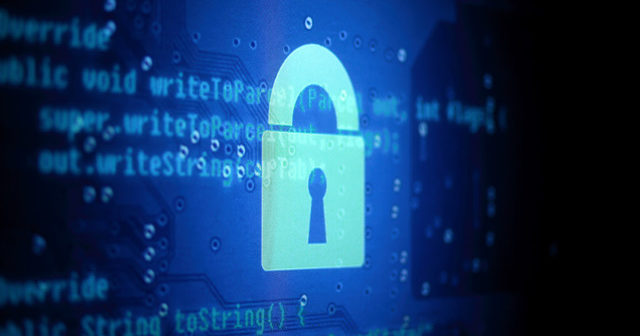Companies that have implemented their cybersecurity may be patting themselves on the back, sitting pretty with a smug look on their faces. After all, they join a small percentage of companies around the globe that have actually enacted some sort of plan, strategy or contingency in the event of a cyberattack. Even with all the incidents of hacks and system breaches being reported on the news and industry sites, the sad truth is that most companies around the world are poorly equipped to deal with even a mildly talented hacker, that is if they even have any protection at all.
Combatting attacks, breaches and intrusions with standard measures is like fighting an uphill battle. Most of the time, the security strategies that most companies implement are usually inadequate by the time they are fully rolled out. This is through no fault of the company, for surely their security staff is doing all they can do. However, while company staff and departments have budget and time limitations, cybercriminals do not. These hackers are highly efficient at finding various means of penetration and quickly pivot to find a new way to get into a system. Companies that are looking to implement security measures must understand that these measures were created primarily to stop known threats, therefore it is the unknown or future threats that they must really keep in mind. Updating and patching systems is essential, but so is setting up redundancies and fail safes should the threat slip through the current security measure.
Purchasing a powerful and comprehensive security software is prudent, but solely relying on it to solve security threats is foolhardy. Yes, the latest and greatest cybersecurity program will have the latest updates and profiles of known threats. It will likely contain easy-to-use features, and may have a small digital footprint which translates to less lag during scans. However, without implementing a companywide cybersecurity policy, it will all be for nothing. In conjunction with this powerful, and likely expensive, software a company who is serious about securing its data and information will enact some sort of security policy which affects everyone from the lowly front line salesperson all the way to the C-suite executives. In order for this policy to be effective, it must be enforced and no one is exempt. There are exploits which randomly target staff throughout the company and exploits exist to specifically target C-level staff.
With this in mind, it is easy to see how cybersecurity can easily be seen as a companywide responsibility and not just the IT departments problem. Yes, the outsourced IT company or IT department will most likely handle the majority of the legwork needed to get the system up and running, but it will be up to the entire staff to make sure that the security net is unbroken. Everything from downloading policies to email handling protocols must be reviewed, understood in terms of security, adhered to and enforced by management. While a piece of security software may identify threats, it is the vigilance and awareness of the company’s employees that will prevent it from ever entering the system.




